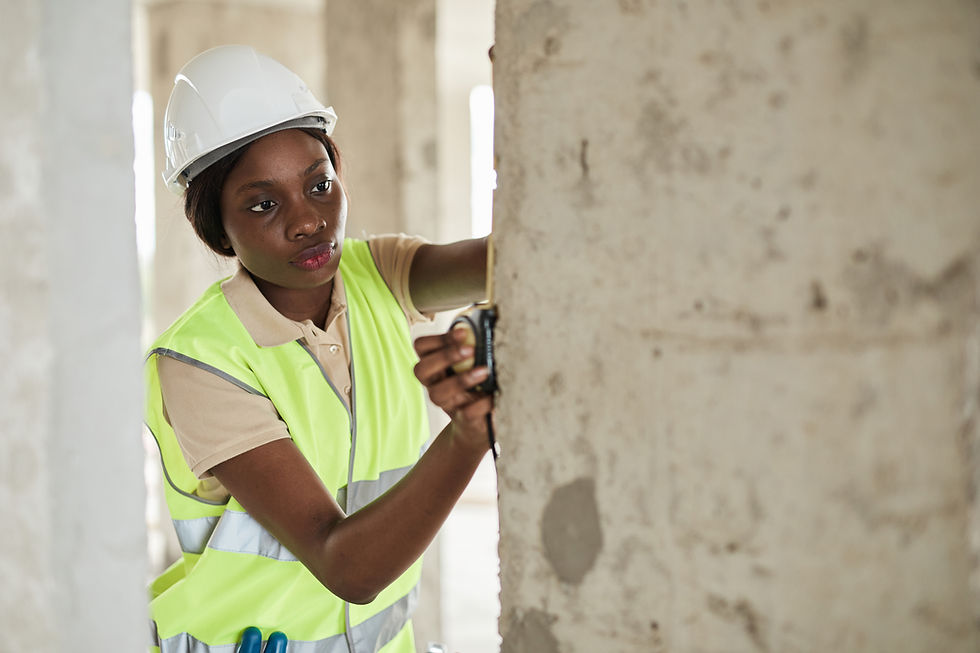The construction industry has long been perceived as a male-dominated field, lacking diversity and inclusion. However, as societal norms evolve and industries strive for equal representation, it is essential to address the need for greater diversity and inclusion within construction.
By embracing these principles, the industry can foster innovation, creativity, and ultimately build a stronger and more inclusive future.

The Importance of Diversity and Inclusion
Diversity encompasses a range of characteristics, including gender, race, ethnicity, age, disability, and LGBTQ+ representation.
Inclusion, on the other hand, refers to creating an environment where individuals from diverse backgrounds feel valued, respected, and have equal opportunities for growth and success.
Both diversity and inclusion are crucial for a thriving and sustainable construction industry. Here's why:
Innovation and Creativity
Enhanced Productivity

Meeting the Needs of Diverse Communities
Construction projects serve a diverse range of communities. By having a workforce that reflects the communities they serve, construction companies can better understand and address the unique needs, preferences, and cultural sensitivities of their clients. This leads to improved customer satisfaction and stronger community relationships.
Bridging the Skills Gap
The construction industry is facing a significant skills shortage. Embracing diversity and inclusivity can help attract a wider pool of talent, including women, minorities, and individuals from underrepresented groups. By actively recruiting and providing equal opportunities for all, the industry can bridge the skills gap and secure a skilled workforce for the future.

Strategies for Embracing Diversity and Inclusion
For companies that would like to foster a diverse and inclusive organizational culture, here are some strategies to follow:
Recruitment and Retention
Construction companies should implement inclusive hiring practices, including actively seeking diverse candidates, establishing partnerships with diverse organizations, and providing equal opportunities for career advancement. Creating mentorship programs and offering ongoing training and development opportunities can help retain diverse talent.

Leadership and Representation
Encouraging diverse representation at all levels, including in leadership positions, is crucial for fostering an inclusive work environment. Companies should establish diversity and inclusion initiatives, employee resource groups, and ensure that decision-making processes are inclusive and transparent.
Training and Education
Offering diversity and inclusion training to employees can raise awareness, challenge biases, and promote understanding among team members. It can also help create a culture of respect, empathy, and collaboration.
Supplier Diversity
Construction companies should seek partnerships with diverse suppliers and subcontractors. By diversifying their supply chain, they contribute to the growth and sustainability of diverse businesses while enhancing their own diversity initiatives.
Community Engagement
Engaging with local communities and supporting initiatives that promote diversity and inclusion can have a positive impact on the construction industry's reputation. Participating in outreach programs, sponsoring scholarships, and collaborating with community organizations can help build trust and establish meaningful connections.

Final Thoughts
The construction industry has the opportunity to become a leader in embracing diversity and inclusion. By valuing and respecting individuals from all backgrounds, the industry can drive innovation, attract talent, and create a more equitable and sustainable future.
Together, let's build a construction industry that reflects the diversity of the world we live in and lays a foundation for a stronger and more inclusive tomorrow!






